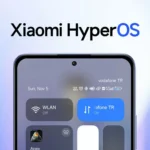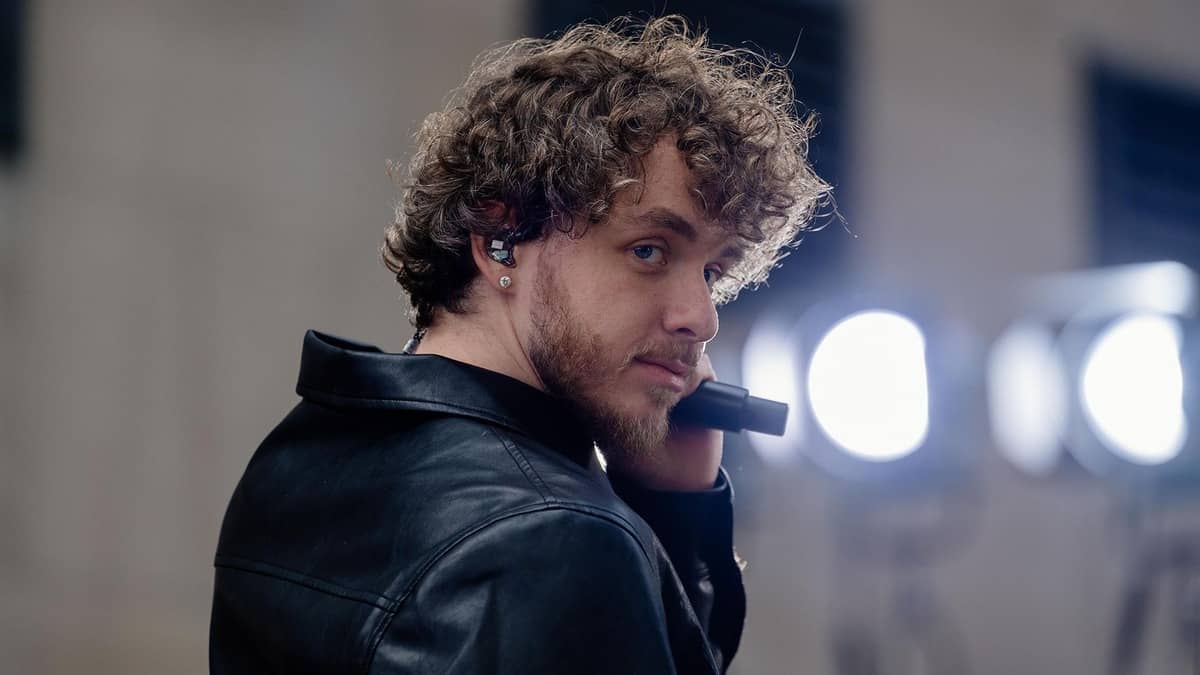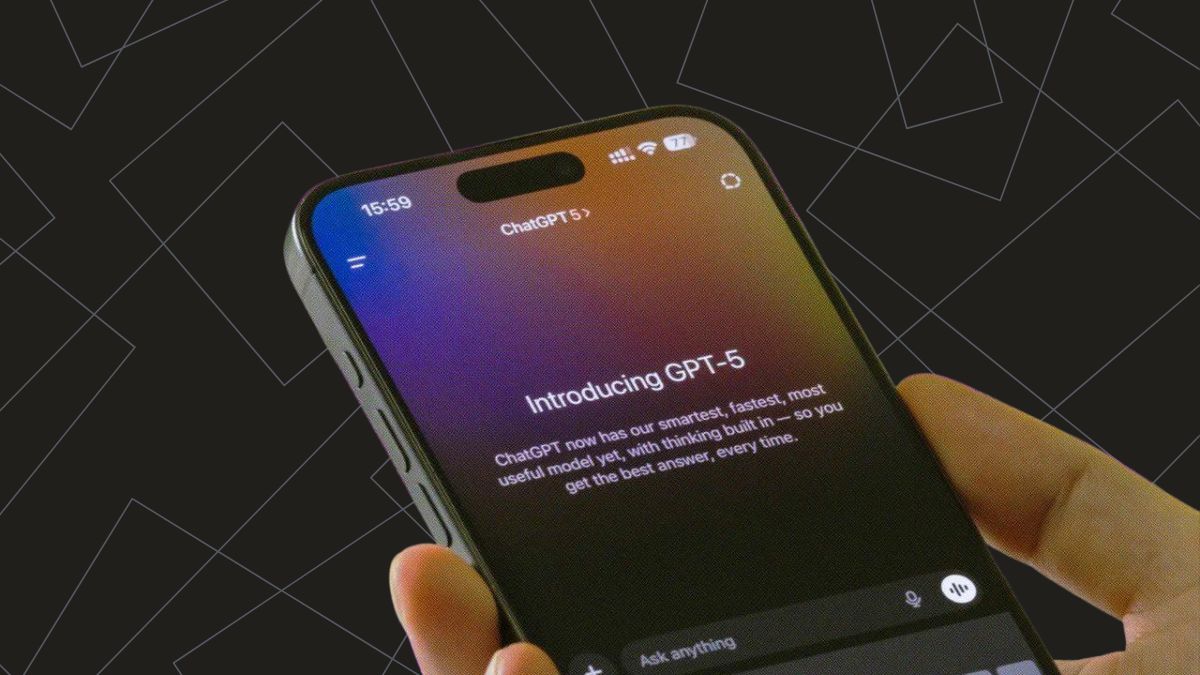Google’s head of Android, Sameer Samat, has said that the computer science major needs a “rebrand.” He believes the field is too often misunderstood as simply learning how to code, when in fact it should be about solving problems.
Speaking at a Google event, Samat explained that while coding is an important part of computer science, it is not the core purpose of the degree. “It’s definitely not learning to code,” he said. “It is the science, in my opinion, of solving problems.”
Samat, who studied computer science at the University of California, San Diego, shared that the discipline is about breaking down complex problems, designing systems, and collaborating with others. He emphasized that this mindset is more valuable than just knowing how to write code.
As artificial intelligence automates more basic coding tasks, some people are starting to question the usefulness of a computer science degree. Tools like OpenAI’s Codex are now capable of generating code, which is changing the role of software engineers. However, Samat believes that learning to code is still important, even in an AI-driven world.
He recalled how, when he was a student, coding shifted away from low-level languages like Assembly to more advanced programming languages. Even so, he learned Assembly because it helped him understand how computers work beneath the surface. He expects that in the future, developers will keep moving to more abstract forms of programming, possibly even using natural language to build software.
Despite the changes in the tech industry, Samat said a computer science degree remains valuable. But he advised students not to study the subject just because they think it will guarantee a good job. He encouraged them to pursue other interests and passions alongside computer science.
“I don’t think the degree alone is enough to make yourself relevant for some of the most important companies,” he said. To succeed, students need to stand out and specialize in areas they are truly passionate about.
Samat also shared his personal journey, noting that launching two startups in his twenties taught him valuable lessons and helped him contribute more effectively when he later joined Google.
He concluded by encouraging students to go deep into their interests and aim to become experts in other fields as well, saying, “It’s really important that it be something you’re really excited about going deep in and becoming a top 5% expert.”











